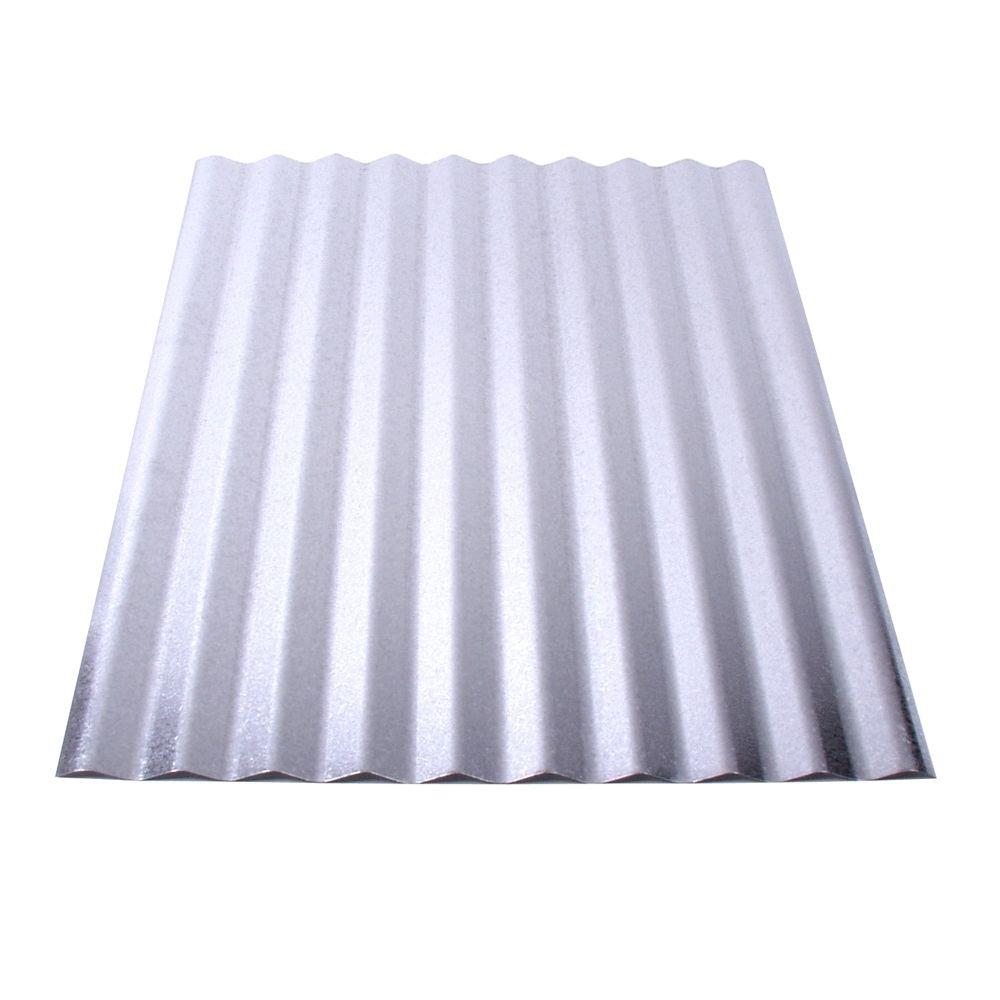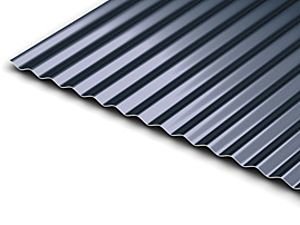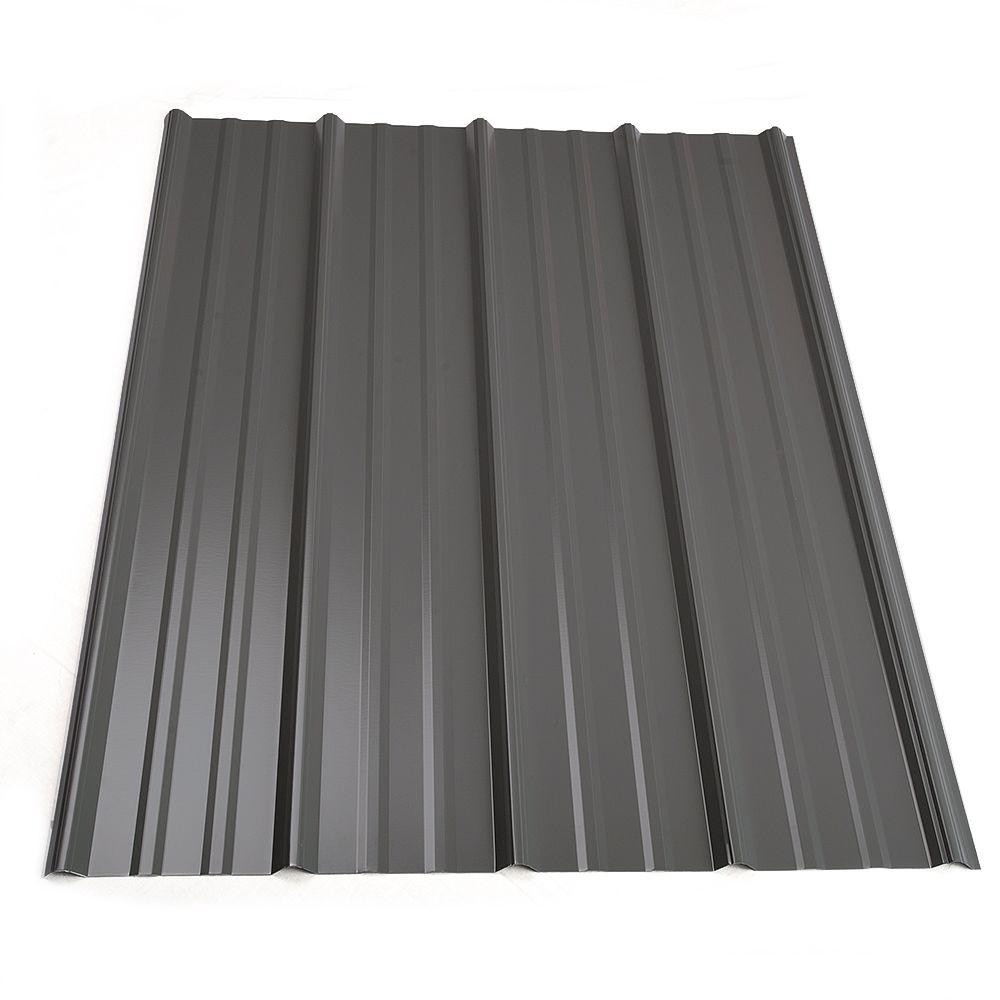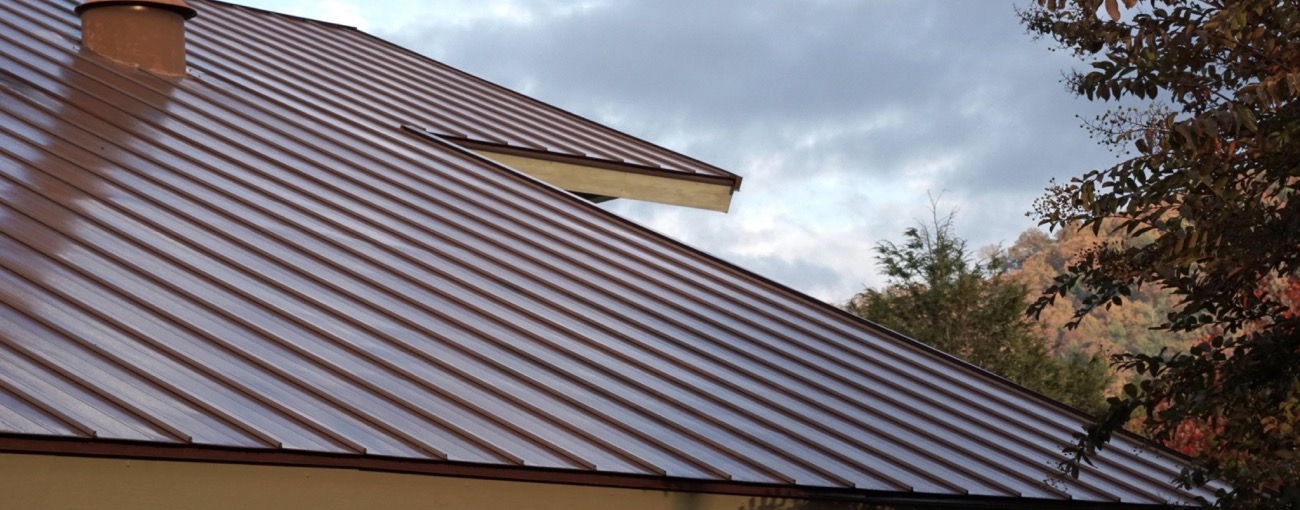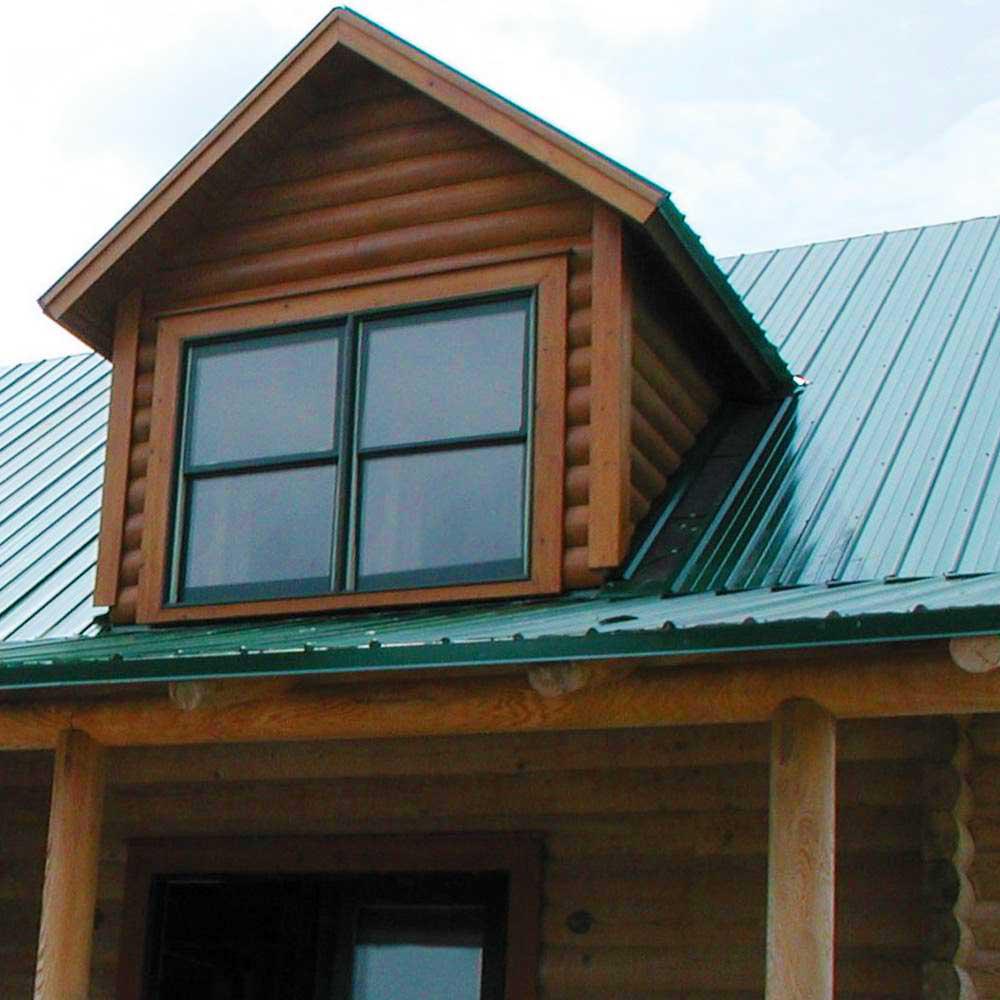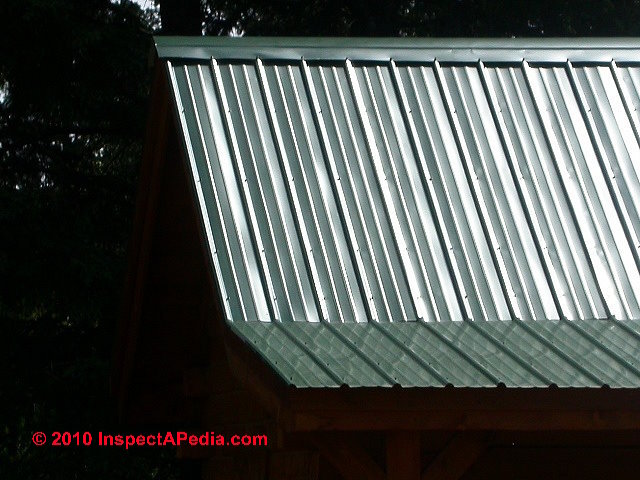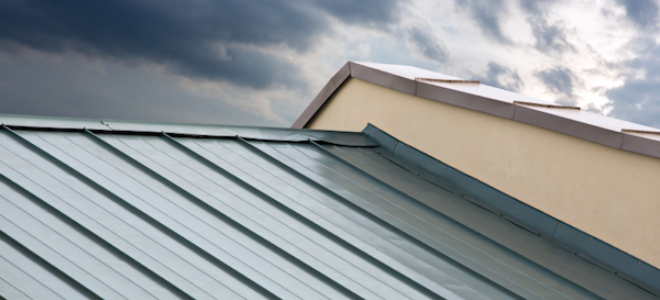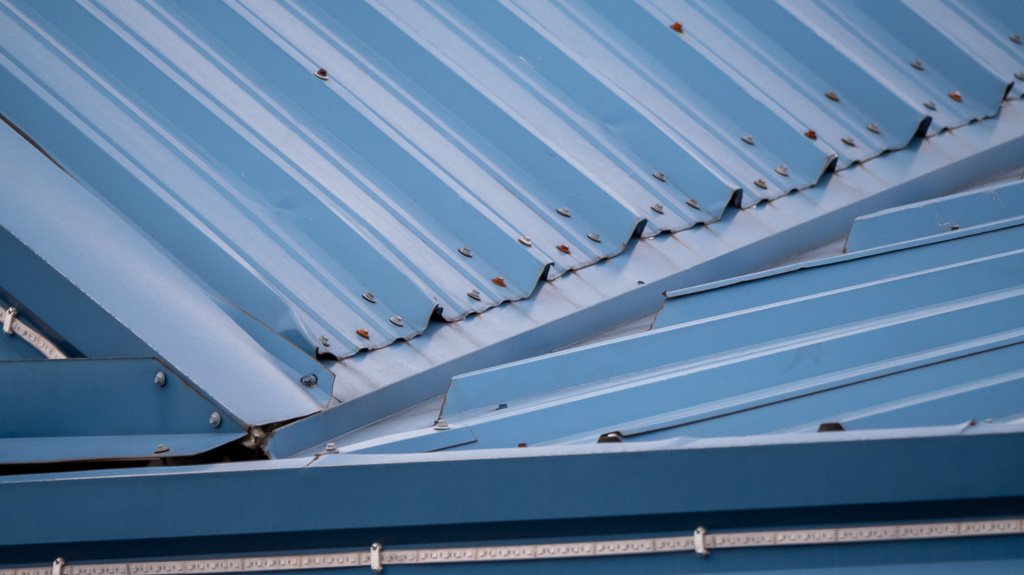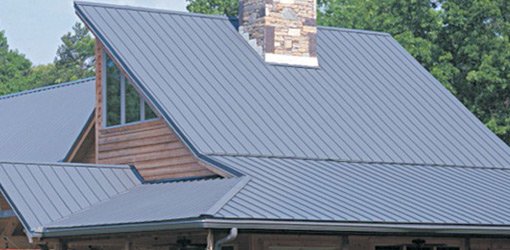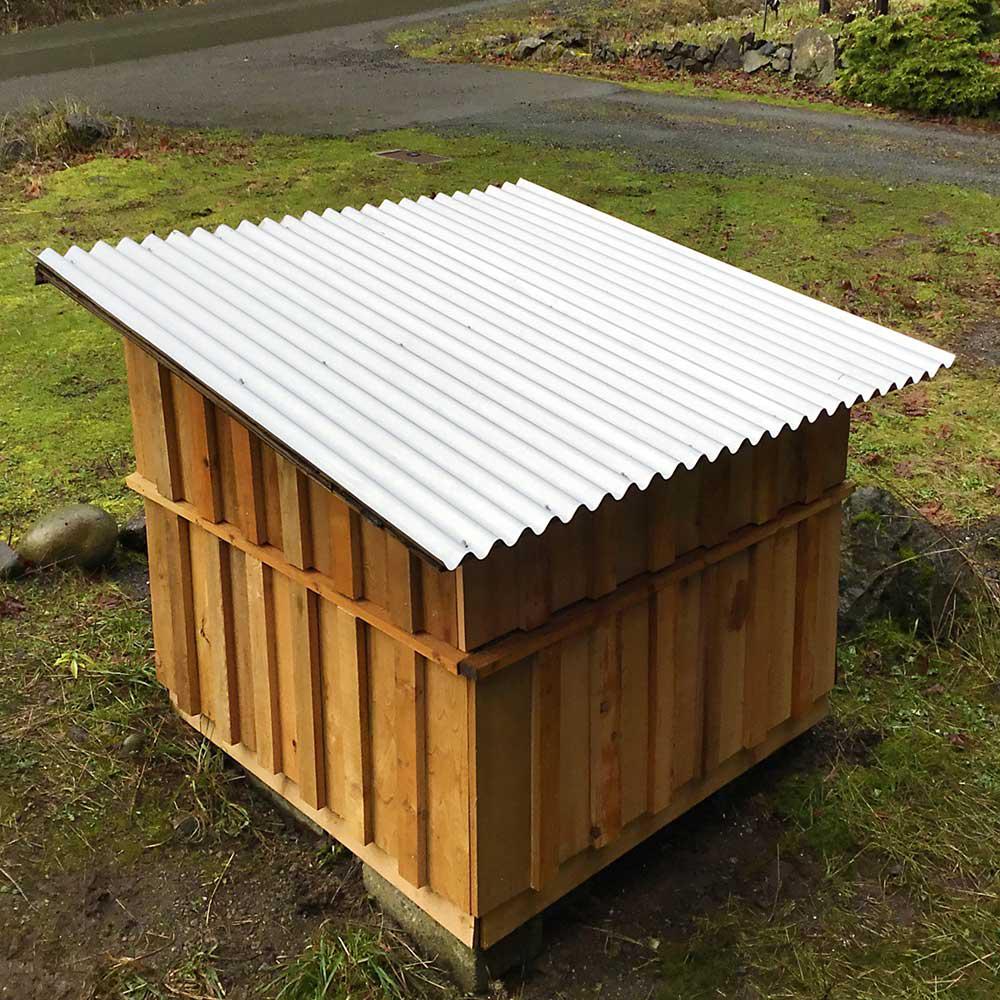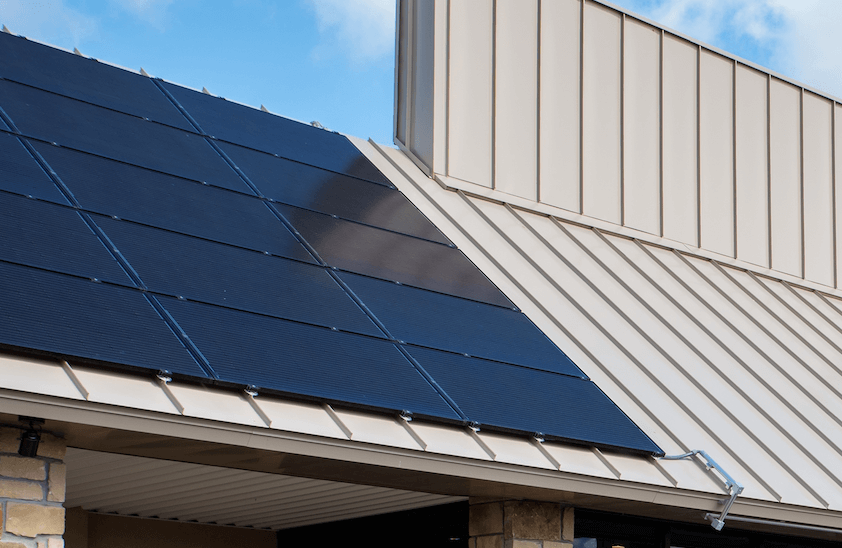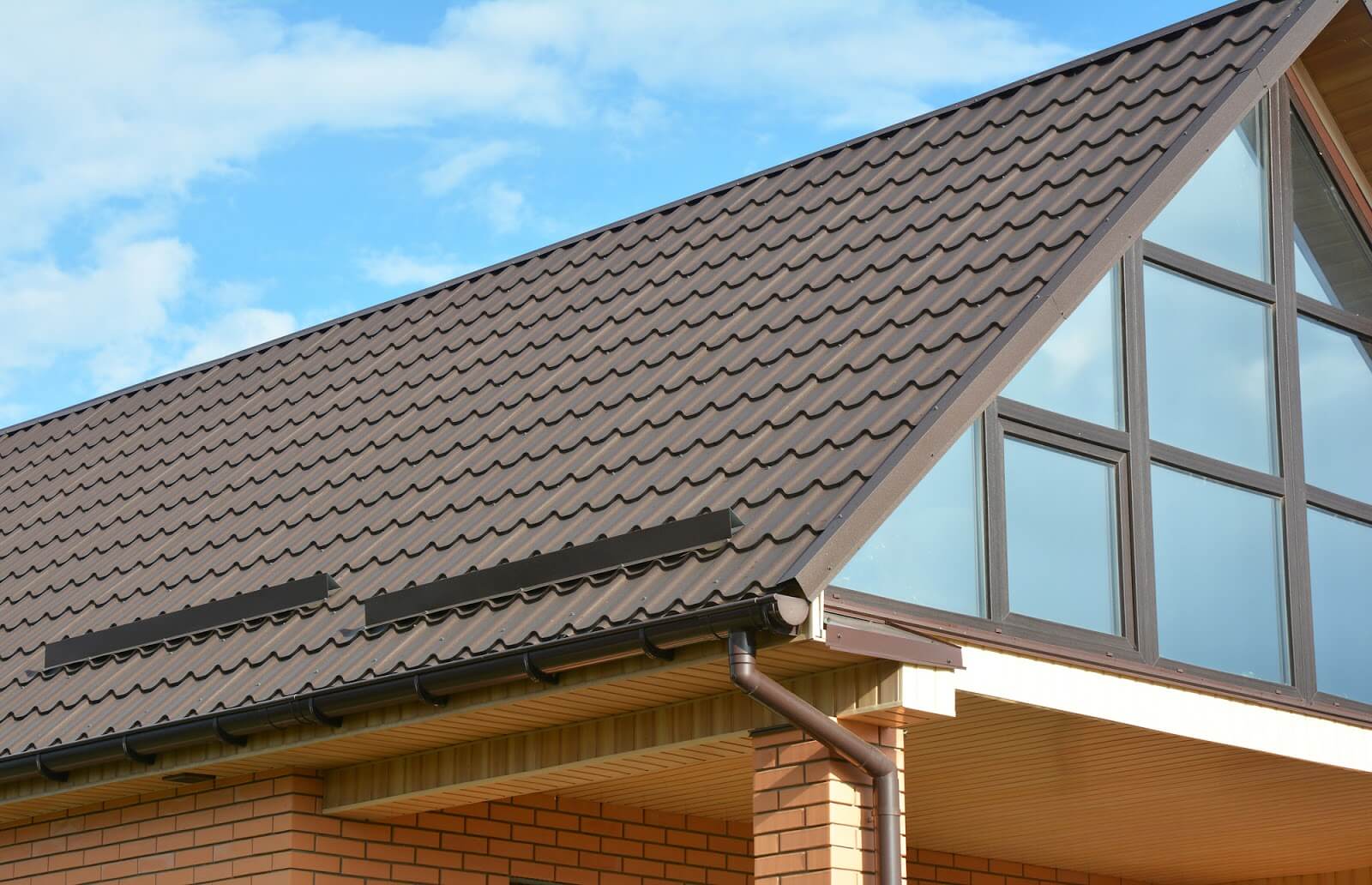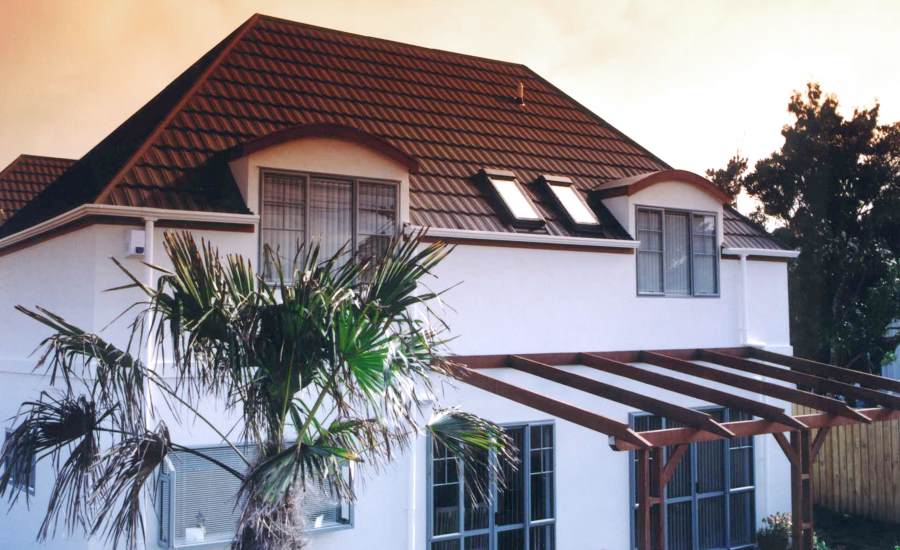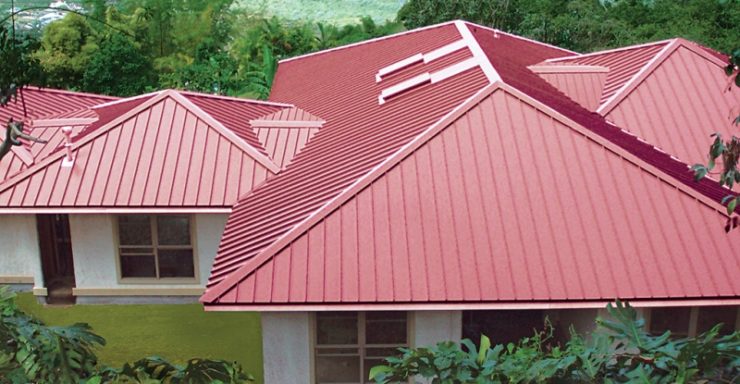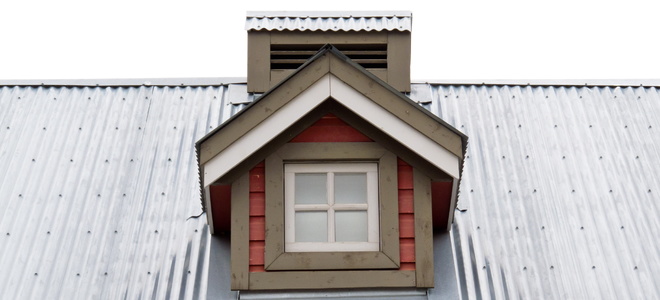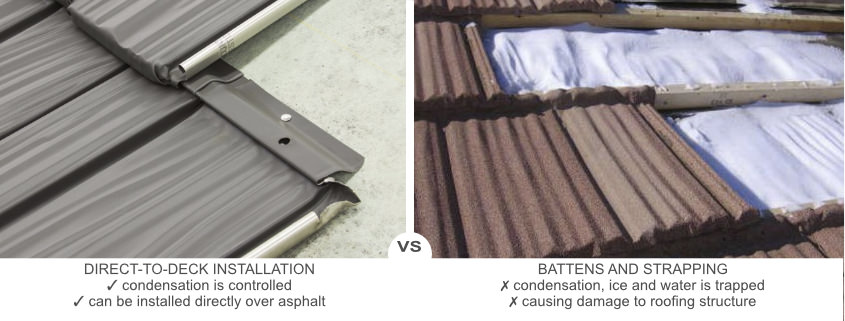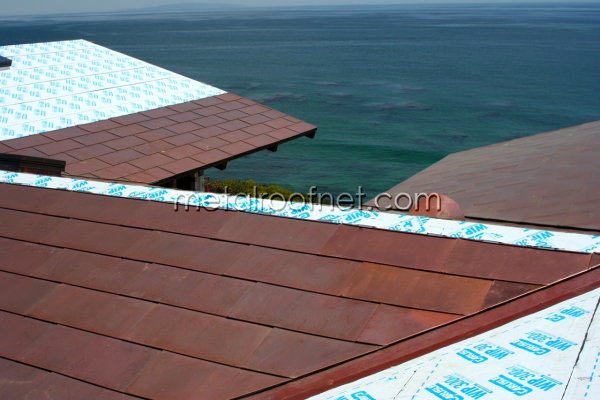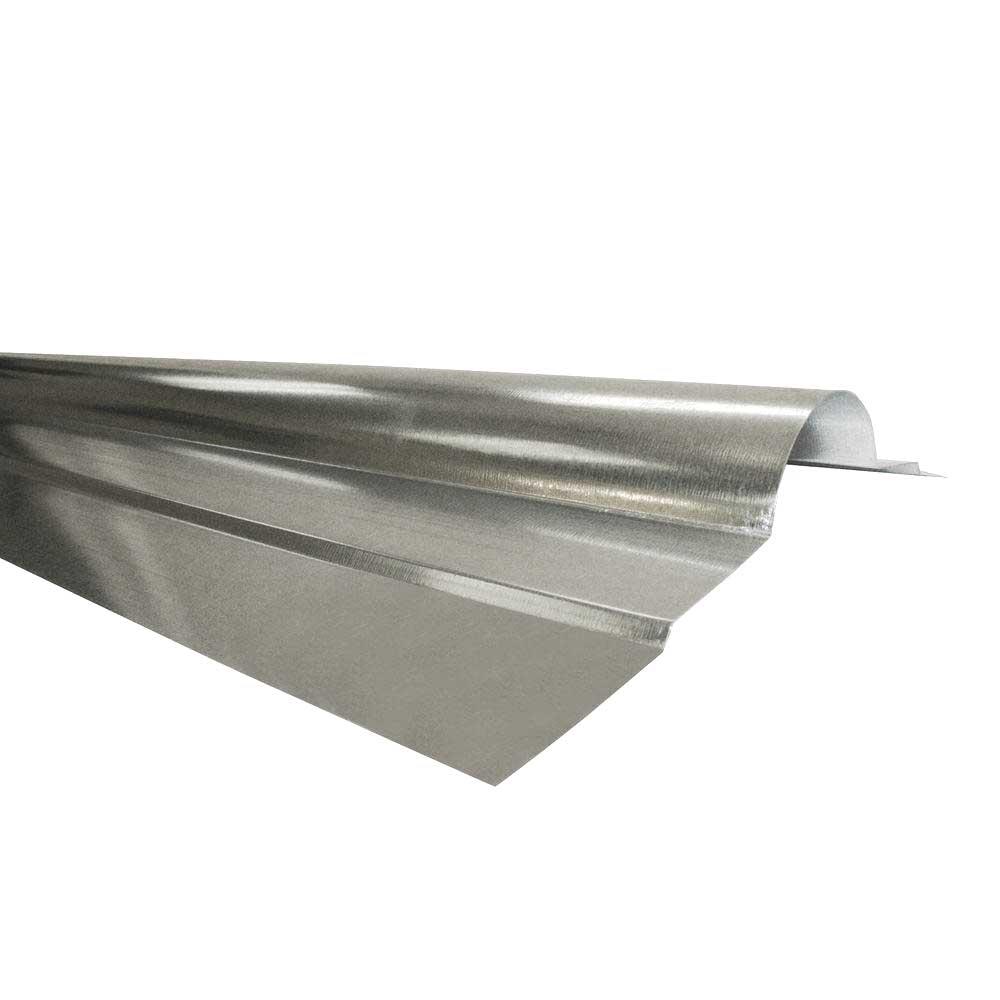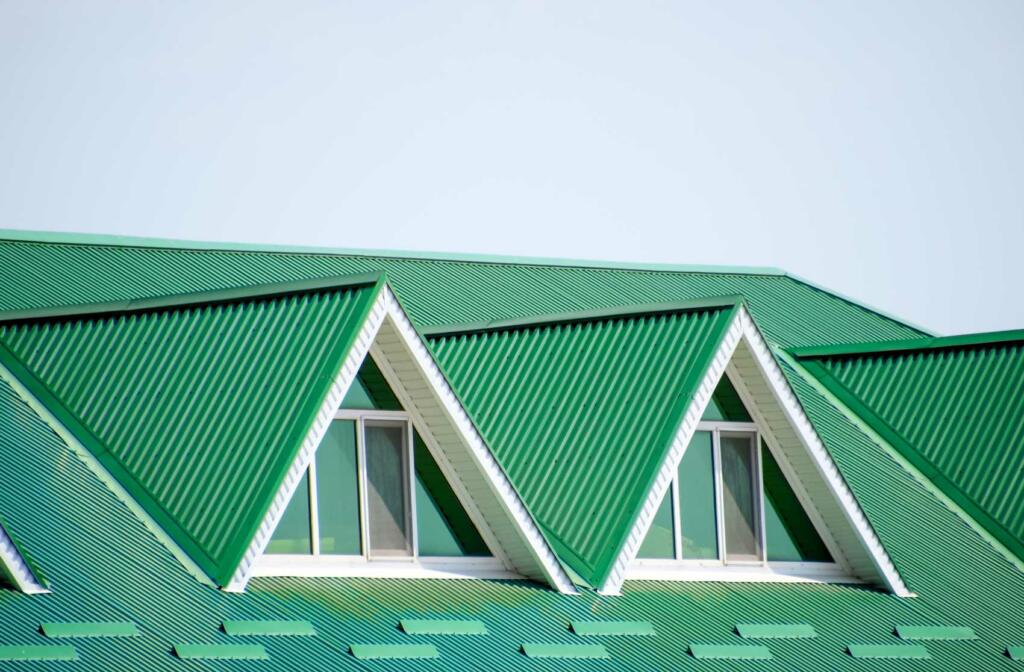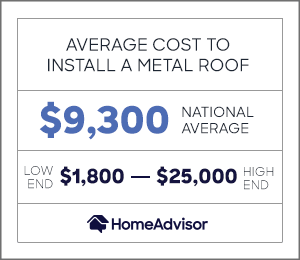29 Gauge Steel Roof Thick Enough
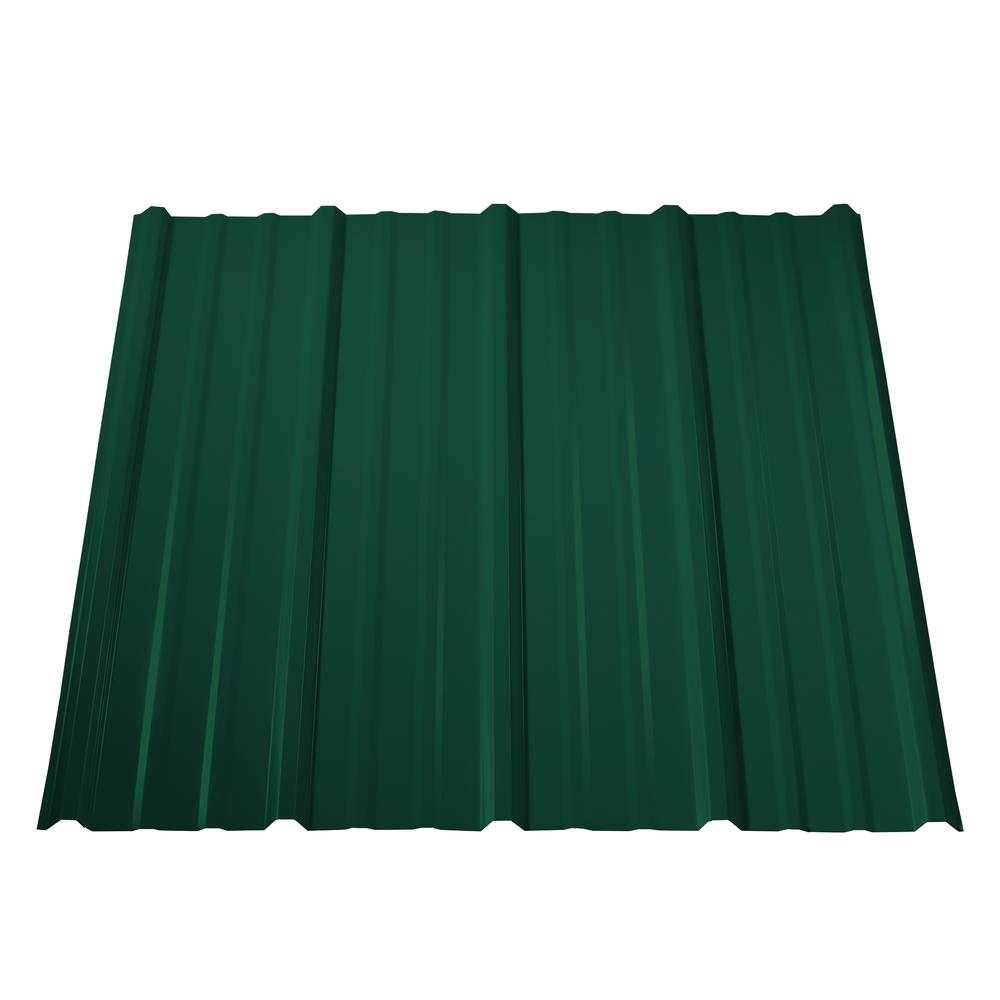
Making trim from grade 80 however will cause tiny cracks in the metal exposing it to rain and eventually rust.
29 gauge steel roof thick enough. The problem with metal roofing gauge is that there is a wide range of tolerances. Gauge to thickness chart gauge stainless galvanized sheet steel aluminum fraction inches mm inches mm inches mm inches mm 30 0 0125 0 33 0 0157 0 40 0 0120 0 30 0 0100 0 25. 0 7 mm 0 8mm and 1 5 mm. For example standard 29 gauge steel roofing made in long panels is about 0 36 millimeters thick and the 26 gauge version is slightly thicker at 0 48 millimeters.
26 gauge 24 gauge 20 gauge 18 gauge 16 gauge 14 gauge 1 8 and 1 4. Metal roofing costs about three times as much as asphalt shingles but it lasts from 50 to 70 years so metal is the less expensive option in the long run metal roofing comes in panels shingles and tiles and in a variety of durable finishes. Also make sure that a minimum panel thickness for your metal roof is in the 24 to 26 gauge range. This combination of thickness and hardness is great for metal panels that require dent resistance.
28 gauge steel has an average thickness of 0187 minimum 0157 and 26 gauge is 0217 minimum 0187. 29 gauge steel the standard in the post frame industry has an average thickness of 0172 of an inch with a minimum of 0142. Kynar galvalume steel for metal roofing and gutters. Avoid 29 gauge steel as it s too thin and hence poorly suited for residential applications.
Metal roofing is produced from different hardness grades. Kynar aluminum for metal roofing. It s the go to material in snow country. For example one company might sell a product as being 24 gauge but in reality the thickness of the metal could vary from 0 018 to 0 0335 based upon exactly how that company looks at things and how big of a tolerance they allow for.
The lower the gauge the thicker the metal. The american iron and steel institute aisi publishes the accepted measurement standards for steel thickness. Grade 80 is a hard steel used to produce metal panels of 26 or 29 gauges.
